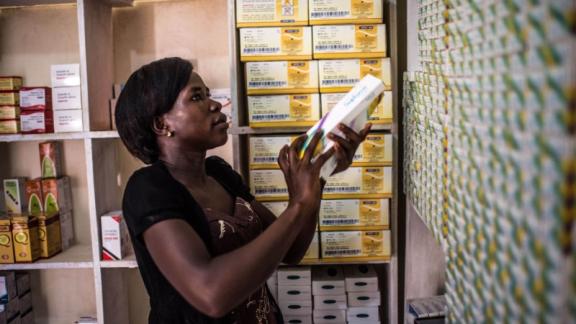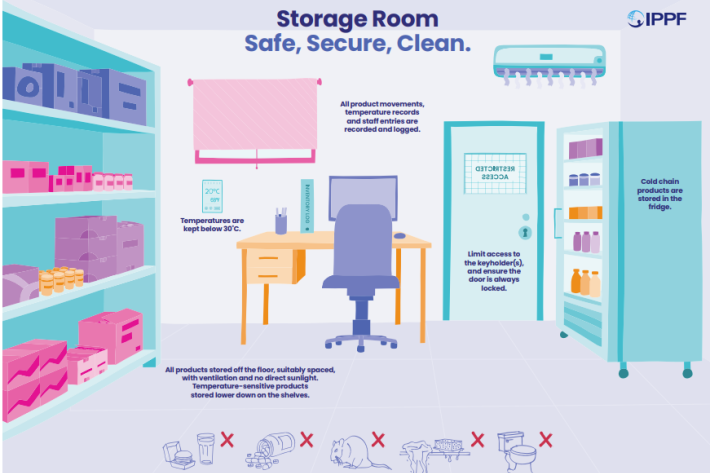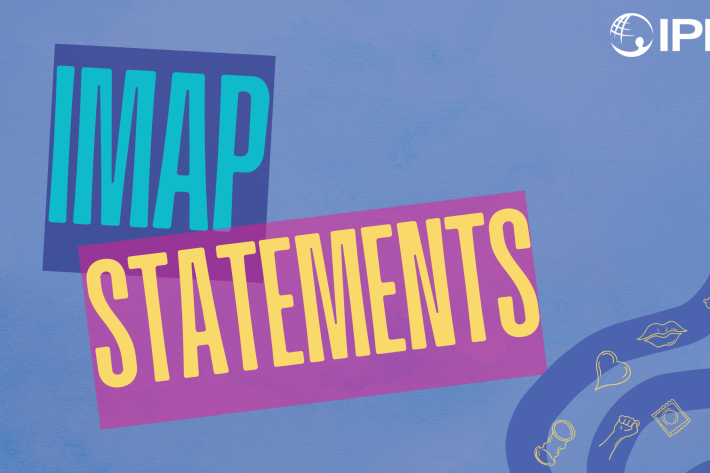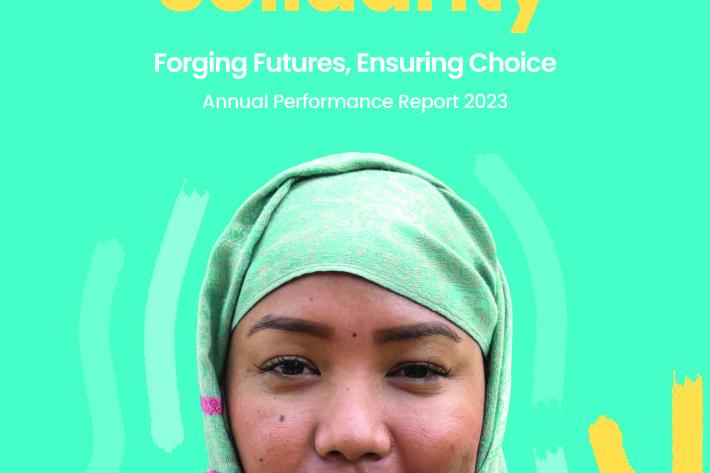Spotlight
A selection of resources from across the Federation
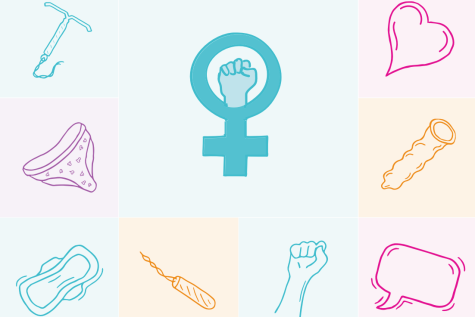
Technical Brief: Designing and Delivering Inclusive, Rights-Based Sexual and Reproductive Healthcare to Transgender and Gender Diverse People
This technical brief outlines key recommendations across several sexual and reproductive health service areas to promote access to inclusive care for transgender and gender diverse people.
Filter our resources by:

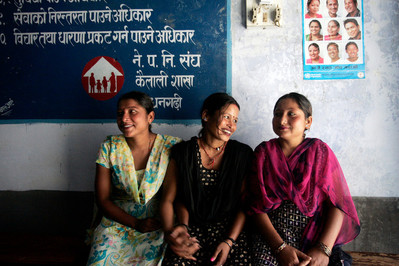
| 09 January 2016
Family Planning Report 2016
IPPF is committed to expanding access to, and increasing methods of, family planning. This includes universal access to contraception. In our approach we are dedicated to increasing new users, being youth centred and reaching the under-served.

| 18 November 2015
Sustainable Development Goals: A SRHR CSO guide for national implementation
The Sustainable Development Goals (SDGs) are a framework of 17 goals and 169 targets across social, economic and environmental areas of sustainable development, which United Nations (UN) Member States have committed to making a reality over the next 15 years. The SDGs are to succeed the Millennium Development Goals (MDGs), which expire at the end of 2015, but are much broader in their scope. Unlike the MDGs, which were focussed on social issues, the SDGs set out targets across all three dimensions – social, economic and environmental – of sustainable development. Furthermore, while the MDGs were targeted at developing countries, the SDGs are applicable to all countries. The SDGs form part of the 2030 Agenda for Sustainable Development which UN Member States adopted at the UN Sustainable Development Summit in September 2015. The adoption of the Agenda is the culmination of a lengthy process of intergovernmental negotiations and consultations that lasted nearly three years. The outcome document of the process, ‘Transforming Our World: The 2030 Agenda for Sustainable Development’, consists of a short preamble, a declaration (outlining the vision and principles underlying the Agenda), the SDGs and accompanying targets, as well as sections on the means of implementation and the follow-up and review of the Agenda. The 2030 Agenda is an important political consensus document declaring UN Member States’ intent to work collectively towards achieving people-centred sustainable development over the next 15 years. The 2030 Agenda can be expected to affect the policy and funding priorities of both implementing governments and donors during this time, leading to a channelling of global development funding to the areas reflected in the goals and targets and influencing national development strategies and programming. This will present important opportunities for both advocates and service providers of sexual and reproductive health and rights (SRHR).
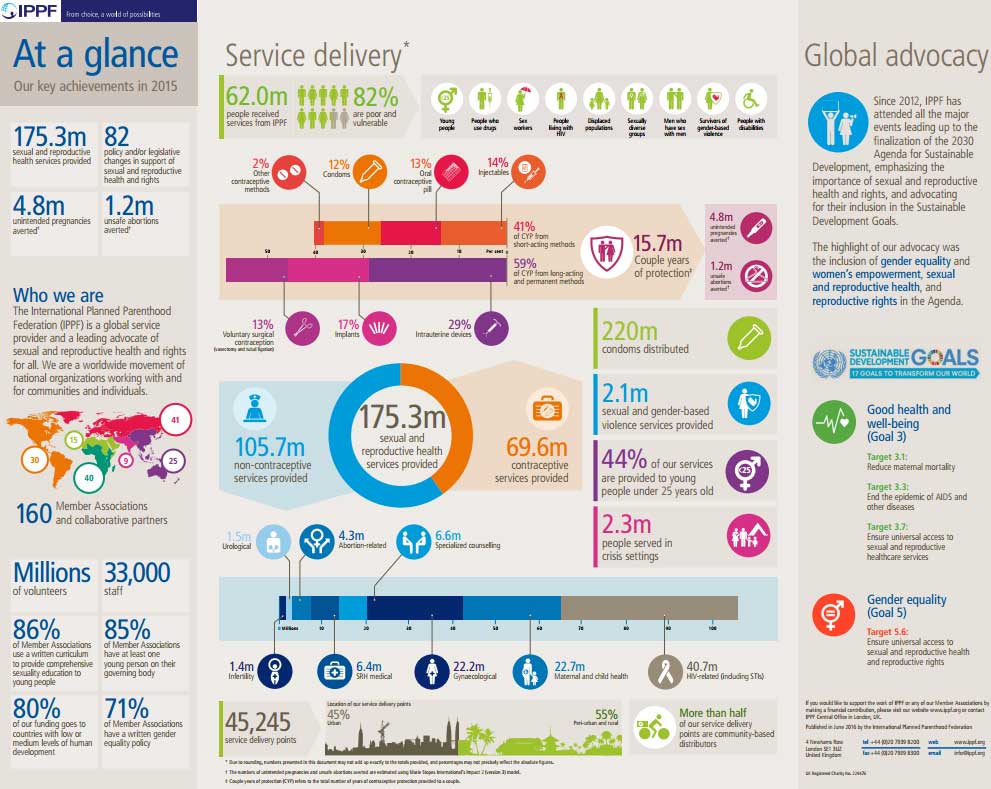
| 10 August 2015
At a Glance 2014
Key facts and figures highlighting IPPF's achievements in 2014.
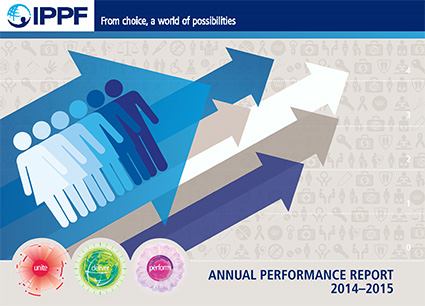
| 30 June 2015
Annual Performance Report 2014-15
2014 was our third year implementing IPPF’s three Change Goals – Unite, Deliver and Perform. We have monitored the trajectory of our growth in performance to date, and are already seeing remarkable success in all three areas, as presented in our Annual Performance Report 2014-2015. Member Associations and collaborative partners in 55 countries contributed to 81 changes in policy or legislation that support or defend sexual and reproductive health and rights. At the regional and global levels, IPPF’s advocacy contributed to 18 changes, of which 12 were advances in safeguarding sexual and reproductive health and rights in the post-2015 development framework. With the delivery of 149.3 million services in 2014, we are on track to achieve our ambitious target of doubling the number of sexual and reproductive health services provided between 2010 and 2015. Over eight in ten clients who accessed services were poor and vulnerable, while almost half of our services went to young people. IPPF’s achievements in 2014 contribute to a strong performance culture where decisions are based on data, organizational learning happens at all levels, technical support is provided to increase effectiveness, and investments are made to support communities most in need.
| 13 August 2014
At a Glance 2013
Key facts and figures highlighting IPPF's achievements in 2013. IPPF provided 136.6m sexual and reproductive health services and averted 580,000 unsafe abortions.
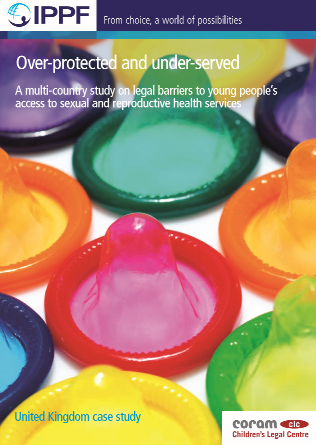
| 08 July 2014
UK: A study on legal barriers to young people’s access to sexual and reproductive health services
The key legal barrier to accessing services in the UK is the almost total prohibition on abortion in Northern Ireland and the need to travel to England and pay for abortion which disproportionately disadvantages young women. Lack of legally mandated comprehensive sexuality education, and lack of legal recognition of people who do not identify within the gender-binary norms or are intersex, also represent significant barriers to access. There are many permissive and facilitative laws and practices in the UK, which should ensure good access to SRH services, and are intended to be protective without hampering access to services, but access is compromised by other factors including: conflict between the stigma associated with younger aged sex (especially for girls) and media and peer cultures endorsing sexual activity bad delivery of sex education by teachers who are uncomfortable with the subject, which reinforces taboos concerns about the confidentiality of services in spite of legal obligations on service providers – especially in schools which often operate their own rules on reporting sexually active teens, and in small rural communities where service providers and pharmacists may know the young person’s family quality of service for LGBT youth may be poorer because of lack of knowledge or understanding of same-sex sexuality or non-binary gender identities most young people and service providers don’t see the law as an obstacle to services though beliefs about the age of consent does prevent some young people seeking SRH services the legal right of schools to refuse to teach CSE and of individual parents to withdraw children from classes reinforces the idea that informing young people about sex is corrupting and that young people have no independent rights regarding information and access to health services where CSE does exist it often focuses solely on the biological and inadequately addresses the law and young people’s rights within it young people report being reliant on information from the internet which includes poor sources of information and porn robust laws against sexual violence are undermined by victim-blaming and the low rate of rape prosecutions and convictions, which prevents people coming forward to report rape access to antenatal care is good and not perceived to be limited by legal issues Northern Ireland has different laws and practices to other parts of Britain and these are less permissive, more restrictive and more likely to present barriers to access. These reflect a more conservative culture which negatively impacts access even where it is not restricted by law. girls are more likely to conceal their or delay accessing services as all pregnancy options are stigmatised - young motherhood, adoption and abortion cultural and religious norms in Northern Ireland promote abstinence before marriage and reinforce stigma around youth sexuality which hampers discussion between young people and their parents the law in NI doesn’t require teaching of LGBT issues having to travel to specialist services represents a high cost, presents difficulties maintaining privacy and acting independently from parents and is a significant barrier for youth in rural areas especially in Northern Ireland which is underserved

| 30 June 2014
Annual Performance Report 2013-14
2013 was our second year implementing IPPF’s three Change Goals – Unite, Deliver and Perform. We have monitored the trajectory of our growth in performance to date, and are already seeing remarkable success in all three areas, as presented in our Annual Performance Report 2013-2014. Member Associations in 66 countries contributed to 97 changes in policy or legislation that support or defend sexual and reproductive health and rights. At the regional and global levels, IPPF’s advocacy contributed to 13 changes, of which ten were advances in safeguarding sexual and reproductive health and rights in the post-2015 development framework. With the delivery of 136.6 million services in 2013, we are on track to achieve our ambitious target of doubling the number of sexual and reproductive health services provided between 2010 and 2015. Eight in ten clients who accessed services were poor and vulnerable, and for the first time ever, almost half of our services went to young people. IPPF’s achievements in 2013 contribute to a strong performance culture where decisions are based on data, organizational learning happens at all levels, technical support is provided to increase effectiveness, and investments are made to support communities most in need.

| 10 March 2014
Vision 2020 Landmark Report
This report – the first in our Vision 2020 series – focuses on why sexual and reproductive health and rights should be at the core of sustainable development from the outset. Without them, the lives of women and girls will be compromised, as will people’s ability to lift themselves out of poverty and to live sustainably within their resources. Our focus for this first report is goal 1 of Vision 2020 which calls on governments to ensure that by 2015 a new international framework includes sexual and reproductive health and rights as essential priorities.
| 10 September 2013
At a Glance 2012
Key facts and figures highlighting IPPF's achievements in 2012. IPPF provided 112.7m sexual and reproductive health services and averted 550,000 unsafe abortions.

| 16 April 2013
Vision 2020 Manifesto
In 2000 the United Nations launched the Millennium Development Goals. The world agreed to take action against poverty. Although progress has been made, we are still far from eradicating poverty. Sexual and reproductive health and rights (SRHR) are central to this vision. Sustainable development and gender equality will be achieved when everyone has access to sexual and reproductive health, the right to bodily integrity, and control over all matters related to their sexuality. Millions of lives have been saved and changed through reproductive health services. In many regions, laws and policies are in place to protect reproductive rights and prevent discrimination against women and girls. However, despite these advances there are still challenges: global funding for SRHR has decreased radically while 222 million women and girls world-wide still lack access to the contraceptives they want to use. The next few years will see the creation of a new development framework. This presents us with an unparalleled opportunity to secure a world of justice, choice and well-being for all. Ultimately, it will lead to sustainable development. IPPF is inviting partners and supporters in the development community and beyond to make these goals a reality in every community around the world. Sign up today to pledge your support. We'll keep you informed with latest news and details on how you can get involved.







